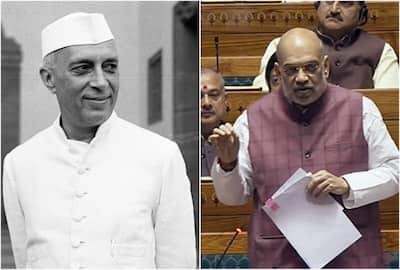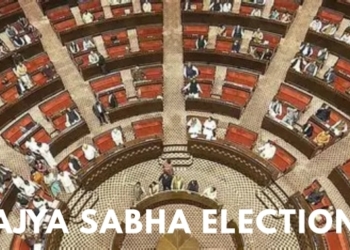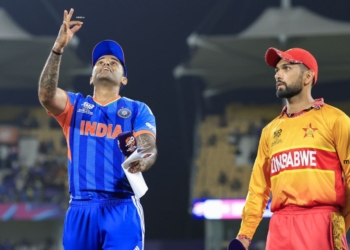Union Home Minister Amit Shah on Tuesday reignited a historical debate in the Lok Sabha, criticising former Prime Minister Jawaharlal Nehru and successive Congress governments for what he called their “weak foreign policy” — especially in relation to Pakistan and China.
Participating in the debate on the Pahalgam terror attack and Operation Sindoor, Shah said that India’s failure to secure a permanent seat at the UN Security Council was rooted in Nehru’s decisions.
“Today, China is in the United Nations Security Council, and India is not. Jawaharlal Nehru’s stand is responsible for this,” Shah said, alleging that the legacy of leniency towards China continues to this day.
He accused Rahul Gandhi of showing a “generational love for China,” pointing out that during the Doklam standoff in 2017, Gandhi met with the Chinese ambassador — a move Shah described as “disrespectful to Indian soldiers.”
“This love for China has passed down three generations — from Nehru to Sonia to Rahul Gandhi,” he said.
Recalling the 1962 India-China war, Shah also said Nehru had “bid goodbye to Assam” in a national broadcast, portraying the Congress-led government at the time as defeatist.
Shah also referenced India’s first appeal to the UN over Kashmir in 1948, which many in the ruling party consider a historical blunder that internationalised the dispute unnecessarily.
Opposition counters Nehru criticism
Responding to Shah’s remarks, DMK MP Kanimozhi accused the BJP of obsessing over Nehru to deflect from its own shortcomings.
“It seems you remember Nehru more than even the Congress does,” she said. “You blame him for every mistake. The focus should be on uniting the country, not dividing us or seeing fellow Indians as enemies.”
Operation Mahadev Update
Earlier in his speech, Shah confirmed the elimination of three Pakistani terrorists from the banned group Lashkar-e-Taiba (LeT) in Operation Mahadev, launched near Srinagar on July 28. The trio — including mastermind Suleiman — were behind the April 22 Pahalgam terror attack that killed 26 civilians. Their identities were confirmed by those arrested in connection with the case.
“This is the decisive response of a new India,” Shah said, praising the coordination between intelligence agencies and security forces.
The debate in Parliament reflected deep ideological divisions — with the ruling BJP framing the issue in terms of historical accountability and national security, while the Opposition urged a more unifying and forward-looking approach.





























